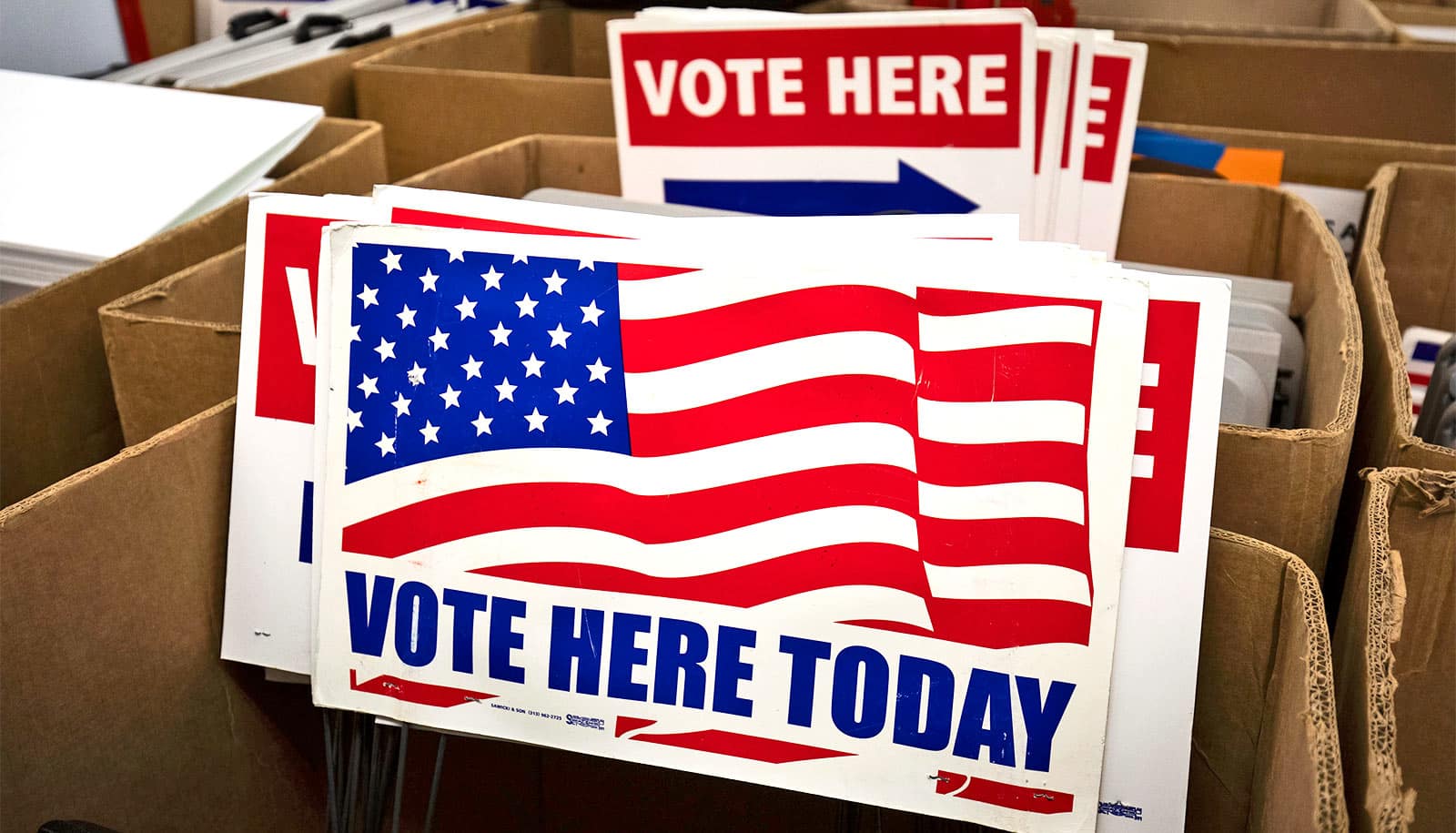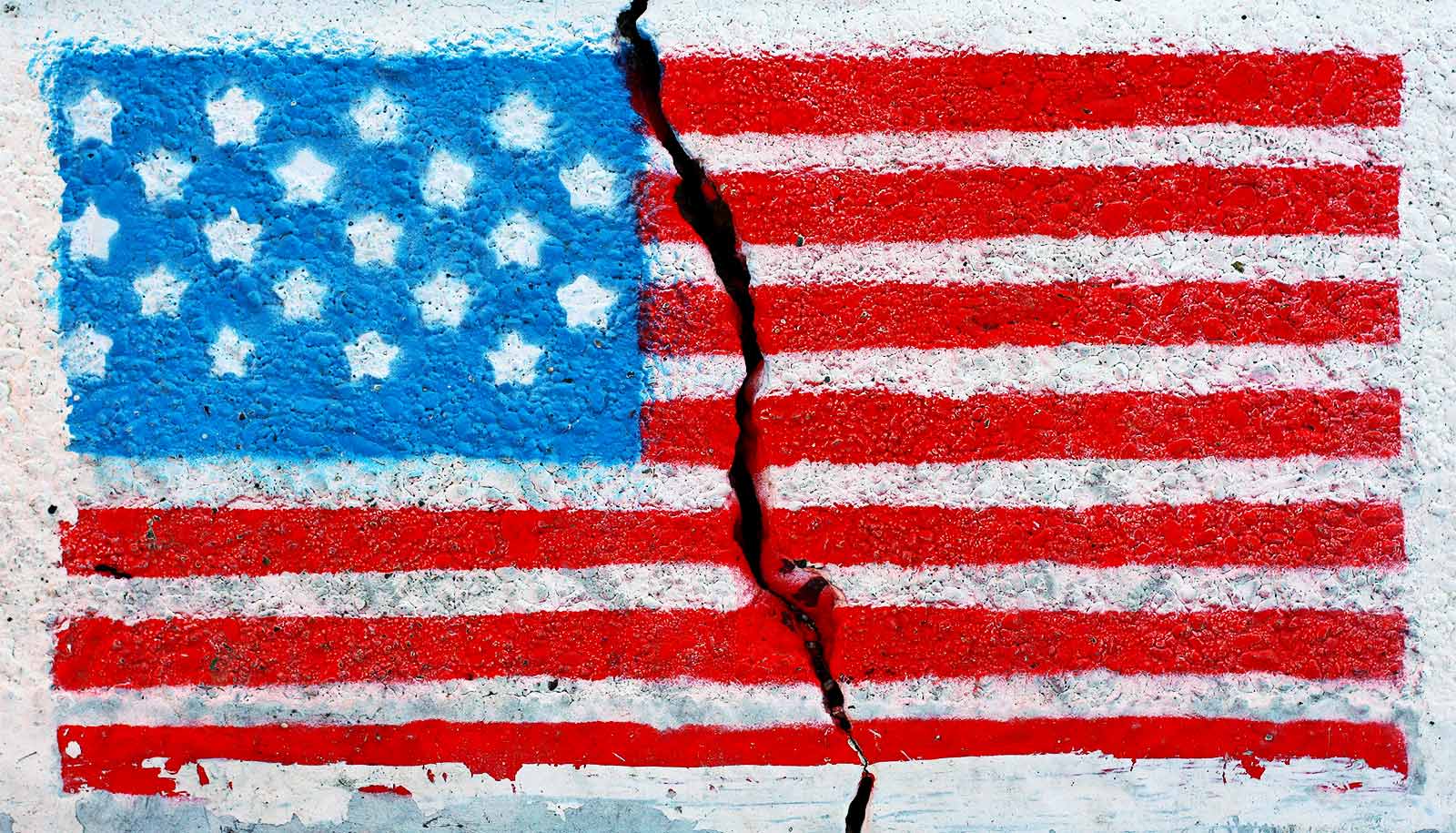Richard Pildes, a leading scholar of constitutional law, offers insight on new efforts to protect the democratic process.
With the 2024 presidential election only days away, Americans have profound concerns about the integrity of elections.
While last week’s poll by the Pew Research Center found that the majority of voters believe the 2024 presidential election will be administered fairly, there is a partisan divide: 90% of Harris supporters say that they are at least somewhat confident that the election will be run well, but only 57% of Trump voters say the same.
The same poll found that 52% of voters are somewhat confident that this year’s election will be safe from hacking and technological threats, but 47% are not confident that this is true.
Additionally, few Americans are confident that attempts to interfere with the election would be handled appropriately by courts—only 20% are extremely or very confident that the Supreme Court would remain politically neutral if tasked with resolving any legal challenges to the election.
In 2022, in response to fears over the possibility of interference in the electoral counting and certification process, Congress passed the bipartisan Electoral Count Reform Act, designed to update existing legislation related to the counting and certification of electoral votes.
New York University’s Richard Pildes, a professor of constitutional Law and coauthor of The Law of Democracy: Legal Structure of the Political Process (West Academic, 2022), was influential in developing the new law.
During the final countdown to November 5, Pildes explains the actual potential for election interference and what voters may expect to see in the days and weeks after Election Day:
What are some paths that partisan actors may take to manipulate the outcome of the 2024 election?
We have a decentralized system with more than 10,000 jurisdictions that dictate election processes, and concerns have been raised about officials at all parts of those processes. There are currently concerns at the local level about what may happen with county officials who may not want to certify the election in their jurisdiction if something went wrong.
In addition, there have been concerns about elected officials who administer processes—like secretaries of state and governors—who are elected on a partisan ticket. These elected officials could possibly seek to manipulate election outcome processes.
Additionally, concerns have also been raised about the involvement of Congress in January 2025 and their ability to interfere with the certification process.
Overall, there are many institutional and legal processes safeguarding our electoral system, but there are significant political constraints.
What safeguards were created after the 2020 election? How are they different from previously created efforts?
Congress actually passed reforms to the statute that governs the relationship between Congress and states in presidential elections at the end of 2022. I was honored to work extensively with a group in the Senate that put forth that bill, called the Election Count Reform Act, with overwhelming bipartisan support. The bill adds safeguards to the electoral process, accounts for possibilities like rogue governors, and addresses some of the worries about legislatures and the role of the vice president in the certification process. It makes clear that disputes are to be resolved in courts rather than in Congress on January 6—when electoral votes are certified.
What could Americans expect from actors seeking to overturn the results in the days and weeks after the election?
If the election is close and outcomes are close in some states, you may expect to see a lot of litigation. There may also be efforts by partisan actors to manipulate the election outcome to their ends. All of those efforts may erode confidence in the legitimacy of the outcome, and if there’s not an appropriate basis for those outcomes, that’s unfortunate. But I think there is security built into the systems to thwart efforts to illegitimately manipulate the process. Officials in the electoral system are much more prepared than last time for this kind of effort, as are state and federal courts who can act quickly if problems occur within the system.
Can voters living in pivotal states do anything to support nonpartisan, unbiased election certification?
Election officials might come under pressure—including illegitimate pressure—in a situation where there’s an effort to undermine the process without an appropriate foundation. I do think public opinion and support can play an important role in protecting the security of the system.
What would you say to voters who are worried about partisan efforts to manipulate election outcomes? Are you worried?
The thing I’m concerned about is that, if the election is close and the outcome can’t be known for several days or more, it’s a potentially explosive situation given that many people are primed to be suspicious of the process. I’m concerned that in that waiting period there may be efforts to interfere in the vote counting process. I don’t think they’ll be successful, but there could be chaos and unrest—and if we don’t know for a while, that may increase the risk for further confusion and suspicion.
Election administrators have made a significant effort to make the process more open and transparent, and to educate citizens and community leaders about the electoral process. I hope leaders will stand up to rumors and fear mongering to explain how the process works and why nothing nefarious is likely going on.
Source: NYU



